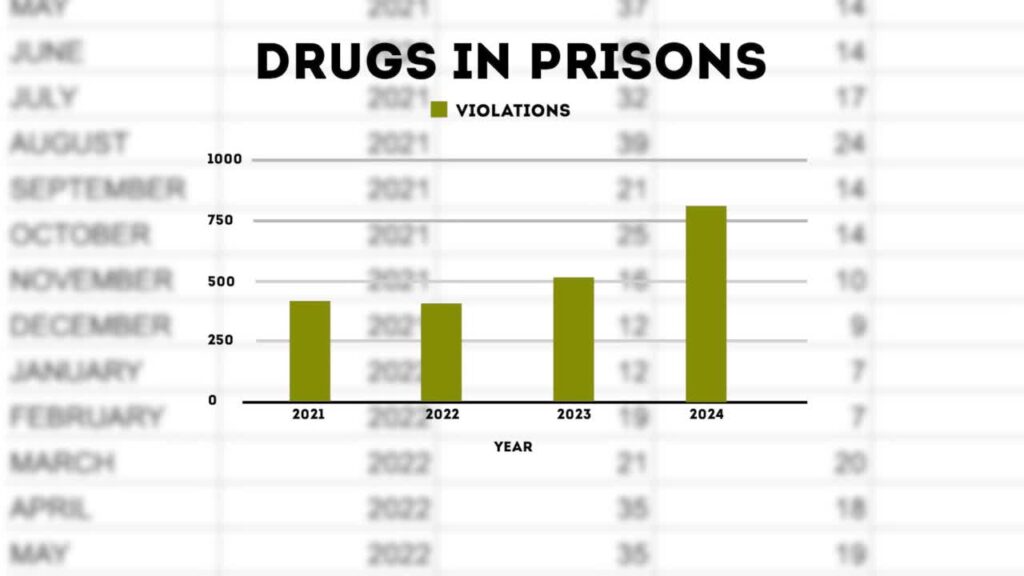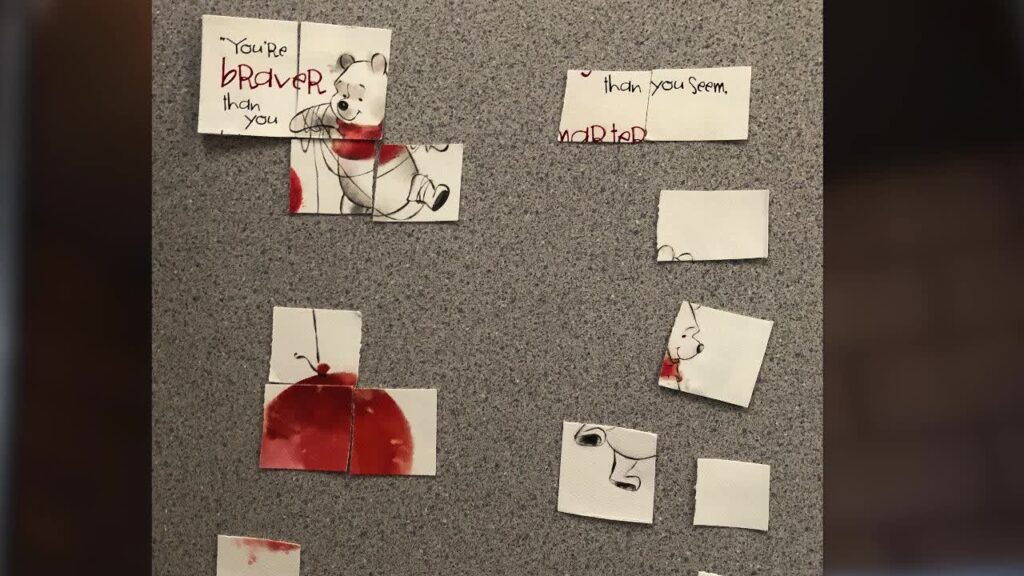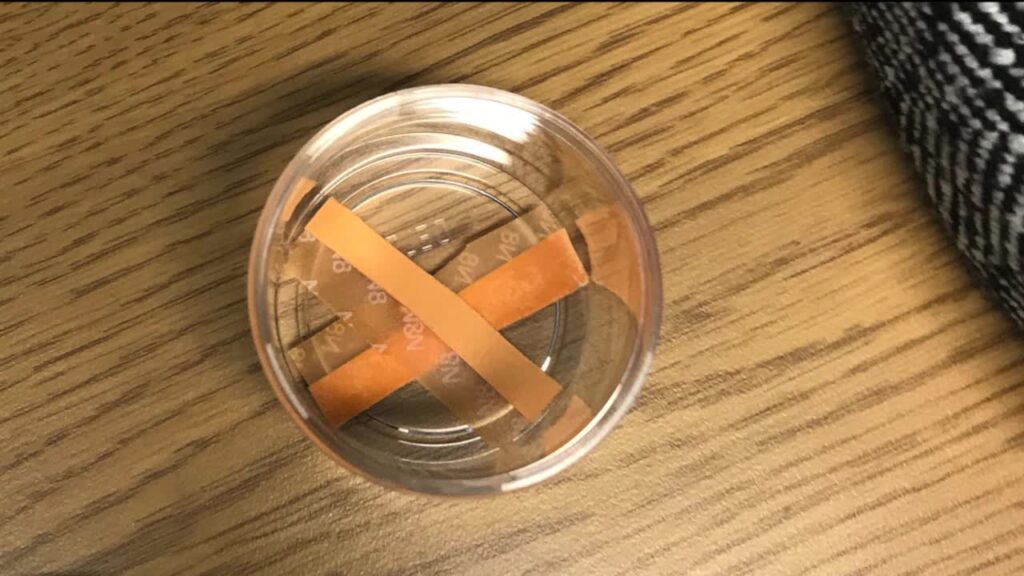Drugs keep finding their way into Minnesota prisons. Did DOC find a solution?
Whether it’s a Winnie-the-Pooh greeting card decorated with a profession of love, legal mail from what appears to be defense attorneys or even Department of Corrections staff manipulating postal systems, smuggling drugs into Minnesota’s prisons is an ever-evolving racket.
“It’s a cat-and-mouse game,” said retired corrections officer Shane Warnke, Jr. “They get more sophisticated. And in essence, the agency is supposed to respond with sophistication to match that.”
Earlier this month, the Minnesota Department of Corrections (DOC) announced it was taking the dramatic step of hiring a private, Maryland-based company to process mail for its incarcerated population.
The move comes after a pilot program over the summer where DOC staff makes copies of mail at some of the state’s facilities.

“Right now, we’re spending considerable time and considerable money,” Commissioner Paul Schnell said in a recent interview with 5 INVESTIGATES. “In some instances, we were looking at toner costs at one facility alone, touching almost $20,000 a month.”
The DOC faced growing pressure to find a solution after nine corrections officers from the Stillwater facility were rushed to the hospital late this summer after being exposed to synthetic marijuana, known as K2.
Schnell said roughly two dozen staffers had been medically treated this year because of drug exposure.
“It absolutely is whack-a-mole, and it always will be,” he said.
A 5 INVESTIGATES analysis of corrections data shows the DOC issued 811 violations for illegal drugs just this year – nearly double the 410 violations from 2022.
Over the past five years, 20 people across Minnesota have been convicted of introducing contraband into the state’s prisons, according to court data.
Warnke, who worked in the prison system for nearly 20 years and is currently pursuing an advanced degree to continue advocating for officers, says the news of the injuries should be the tipping point.
“It’s not a novel idea to Minnesota,” he said. “You look at what’s happening, and you respond in ways that have been proven to work.”
Drug-soaked mail
In 2017, investigators discovered that a Winnie-the-Pooh card and the envelope that came with it had methamphetamine on it.
“From a public safety standpoint,” a detective told the sender in audio obtained by 5 INVESTIGATES, “I need to know this is going to stop.”

Shakopee police later arrested the woman, who was convicted in 2022 of sending the drug-soaked mail to an incarcerated person at the women’s prison. Never-before-seen footage shows how a black light detected meth on the card and the envelope.
5 INVESTIGATES also uncovered a case stemming from the Lino Lakes prison, where federal and local officers broke up a conspiracy involving several incarcerated people and a network outside the prison. Officials discovered strips of suboxone mixed into the glue on some envelopes.
“They’re using an iron, and they’re heating it up – the glue on one side – and pulling it apart,” one suspect told investigators.
The suspect added that one glued envelope strip with suboxone could be divided into 12 pieces. Each piece is sold for about $20.

Corrections staffers have also helped smuggle drugs into prisons.
In 2021, court records show the DOC launched an internal investigation into one corrections officer who was spraying paper with K2 and working with inmates to get it through the mail. The officer later told investigators she needed the money.
A year later, a state investigation found a food service worker had been delivering THC gummies, ecstasy pills and other contraband to inmates at the Minnesota Sex Offender facility in Moose Lake.
Then, in September, the Rice County Attorney’s office charged another corrections officer with delivering drugs to a Faribault prisoner.
“With more than 4,000 dedicated staff members committed to improving public safety outcomes in our state, the DOC will continue to aggressively identify and eradicate the rare but troubling instances when a member of our staff violates Minnesota laws or departmental expectations,” Schnell said in a statement.
‘This is life and death’
After corrections staff were rushed to the hospital in September, state Rep. Paul Novotny (R-Elk River) started pressing the administration for answers. Novotny said the Legislature needs to hold a hearing to find out what’s being done to stop drugs from getting inside.
“This is life and death,” he said. “We feel that there should be some sense of urgency that there just isn’t.”
The new service, TextBehind, will require mail to go through a processing facility near Baltimore before it is copied and sent back to incarcerated people in Minnesota.
While Schnell admits the techniques are constantly evolving, he believes the new partnership will improve the entire process.
“Staff and inmates will be safer, and we anticipate significant cost savings for the Minnesota DOC due to a reduction in mail room personnel hours or redeployment of labor,” he said.